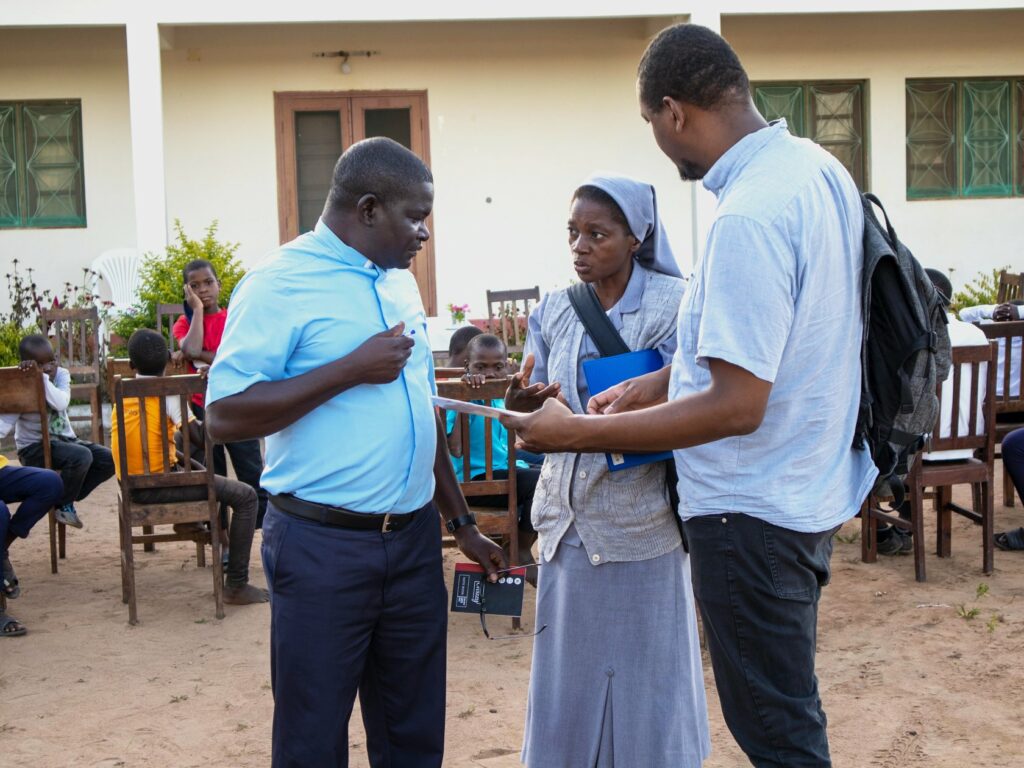In October 2017, insurgents in Mozambique’s northern Cabo Delgado province sparked a violent conflict in which at least 3.000 people have been killed so far. Since the beginning of the conflict, more than 800.000 others have fled the terror with the majority heading to the neighboring Nampula province. Franciscan sisters are among those supporting these internally displaced people (IDPs), trying to address the lack of food, water, housing, education, the prevalence of trauma, and a range of other human rights issues.
“Morale is very low, so that is a big challenge that we face,” says Sister Lucia of the Franciscan Missionaries of Mary who, as part of her work, provides counseling to IDPs. “How do we raise the spirit of people – to feel that you are still a person, with dignity and respect?”
Despite an influx of foreign troops to fight the insurgency, the violence in Cabo Delgado remains largely underreported and the consequences unaddressed. The Franciscans in Mozambique are now looking towards the international community for help. Earlier this year, they welcomed a delegation from Franciscans International to explore how they can raise their case with the United Nations.
This delegation visited two IDP camps in Nampula, where people are now starting to settle permanently. Here, the living conditions remain difficult, and access to food, healthcare and education are lacking. Extreme weather events, including cyclone Idai, have further worsened the situation. Nevertheless, with the immediate ‘emergency’ over, international humanitarian organizations have started to withdraw, and the church is one of the main donors left to provide assistance to the population.
As part of the mission, FI also conducted two workshops to map the challenges faced by the local Franciscans and identify their needs to help improve the situation of the IDPs they support. As a second step, participants explored possible avenues to raise their case through the different human rights mechanisms at the United Nations.
While the immediate priority of the collaboration between the Franciscans in Mozambique and FI will focus on the situation of IDPs, it will also look at long term solutions to address the crisis in Cabo Delgado. Although ostensibly an Islamist insurgency, many of the underlying grievances that gave rise to the violence are rooted in long-term and persistent socio-economic inequalities.
“Ultimately, the situation in Cabo Delgado also raises the issues of wealth distribution among the local population who have not benefitted from the exploitation of gas reserves in the province,” says Mickaël Repellin, FI’s regional program coordinator for Africa. “To address the conflict, we must ensure a better enjoyment of economic, social and cultural rights of people currently excluded and living in extreme poverty.”

